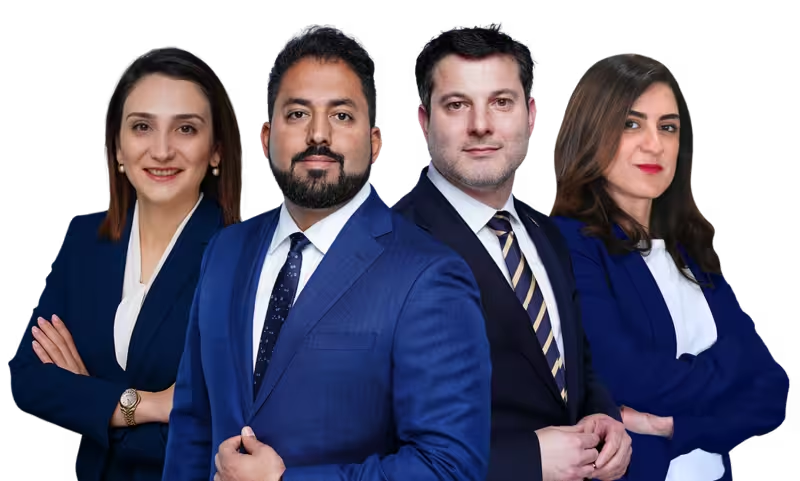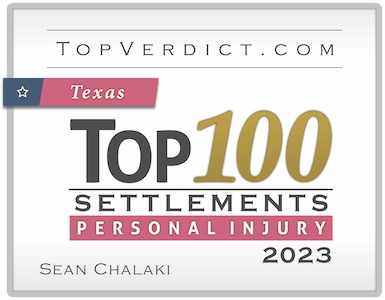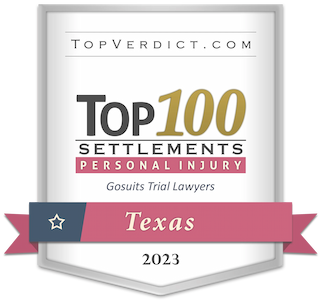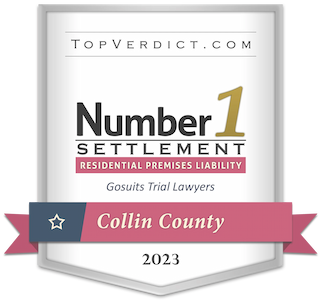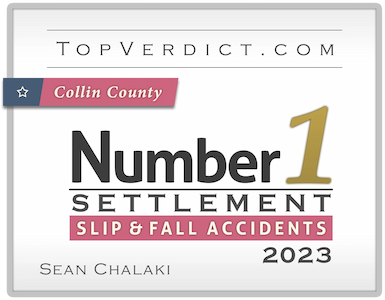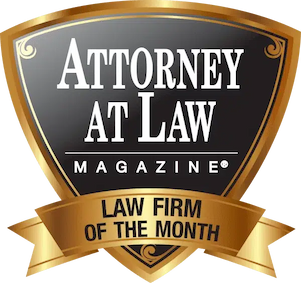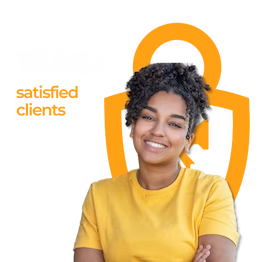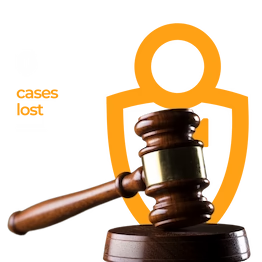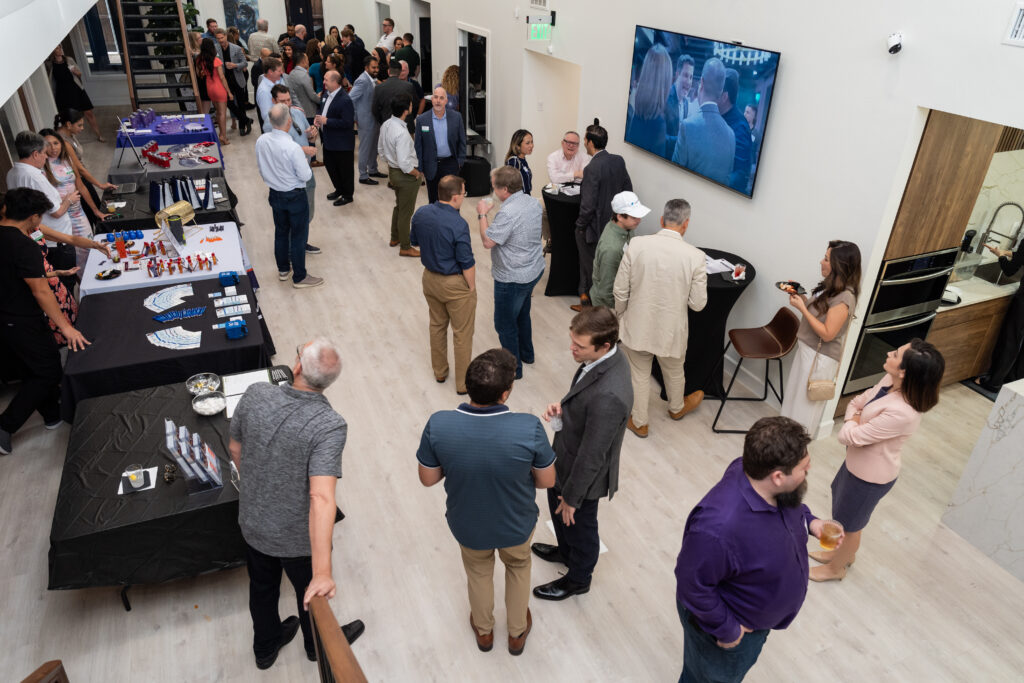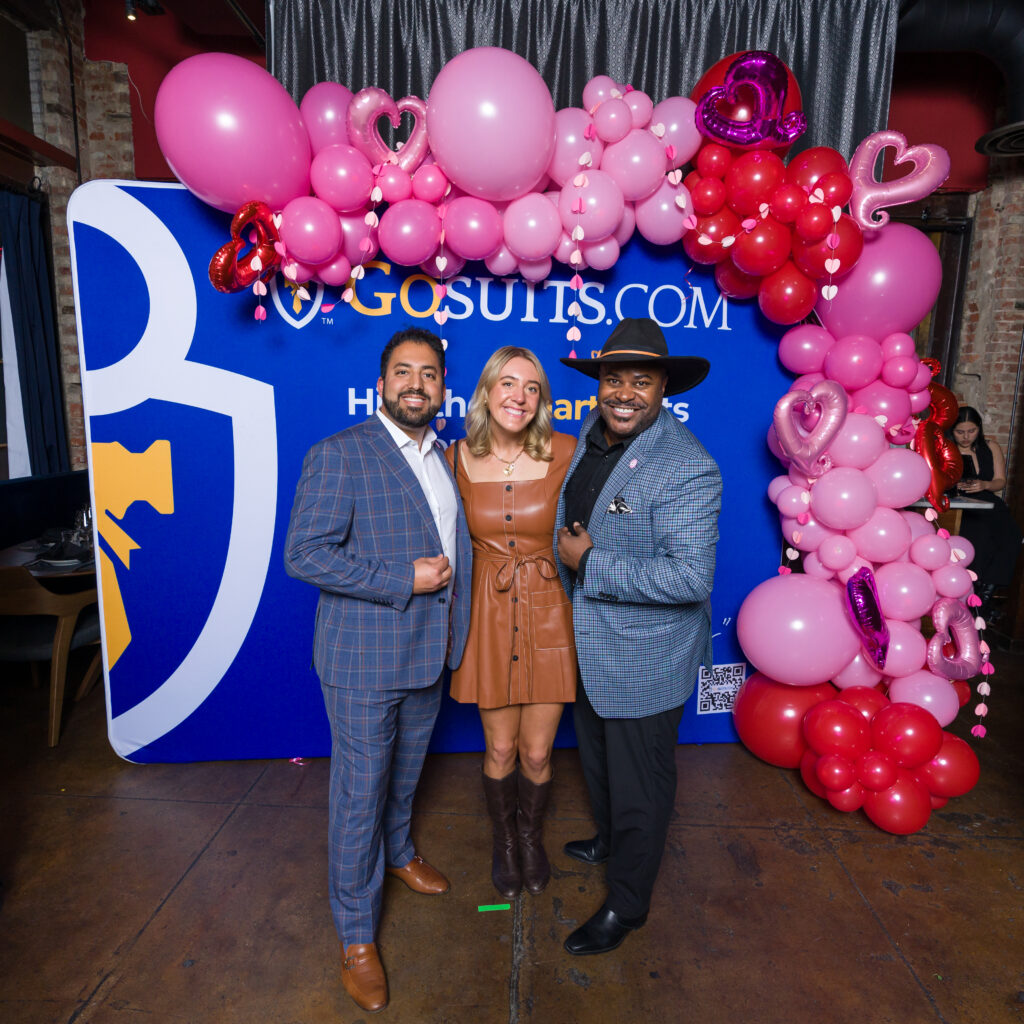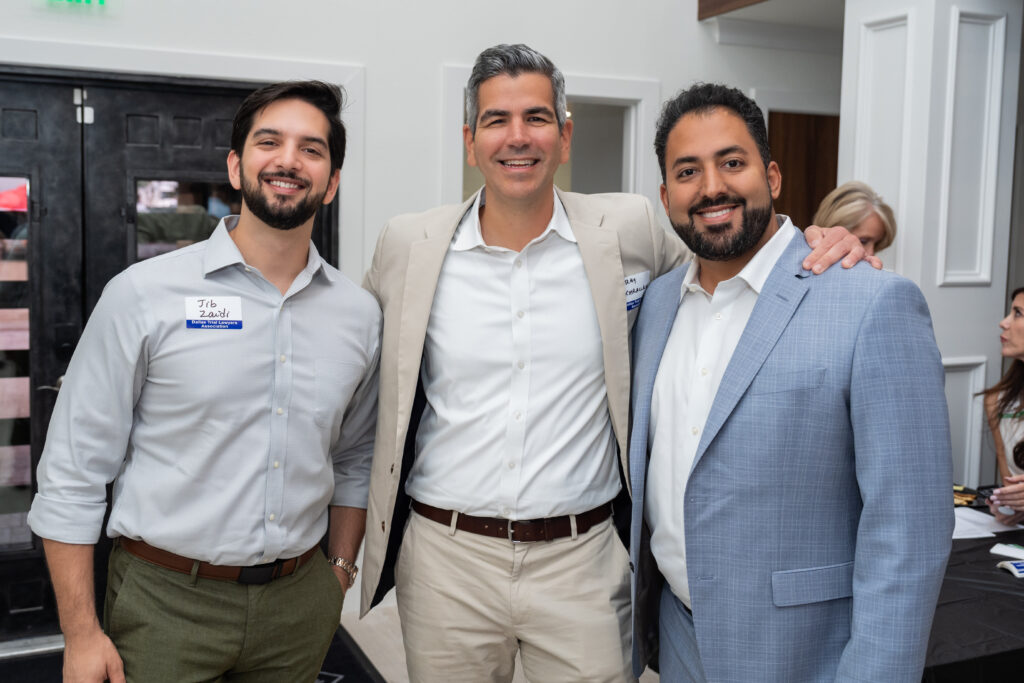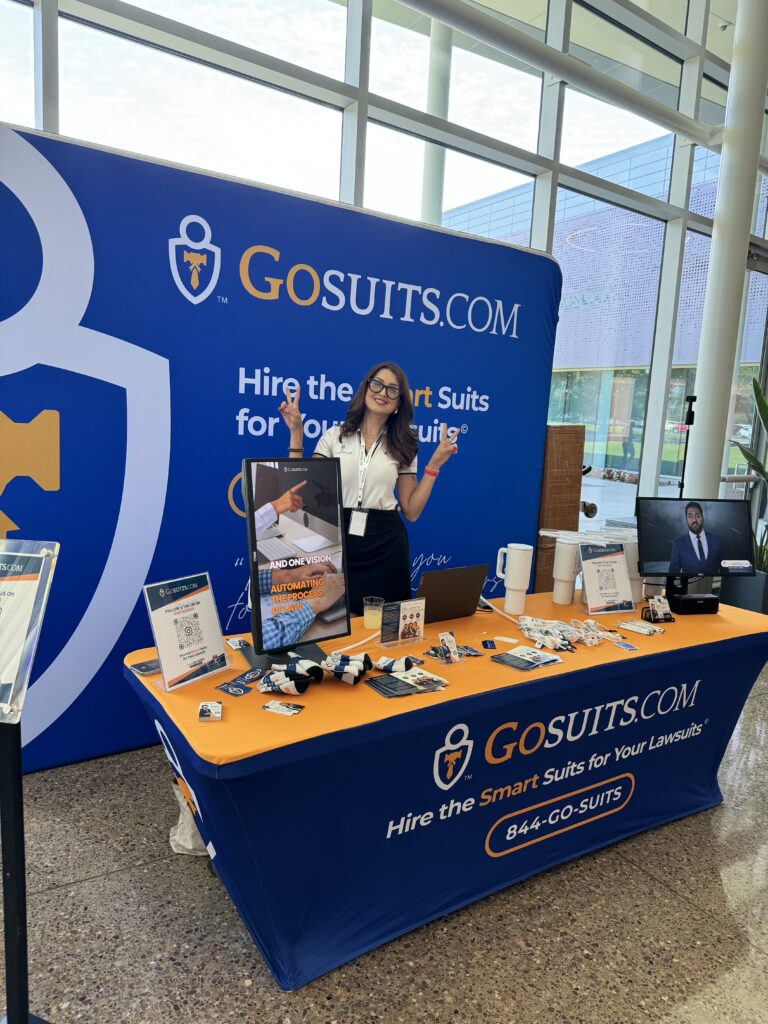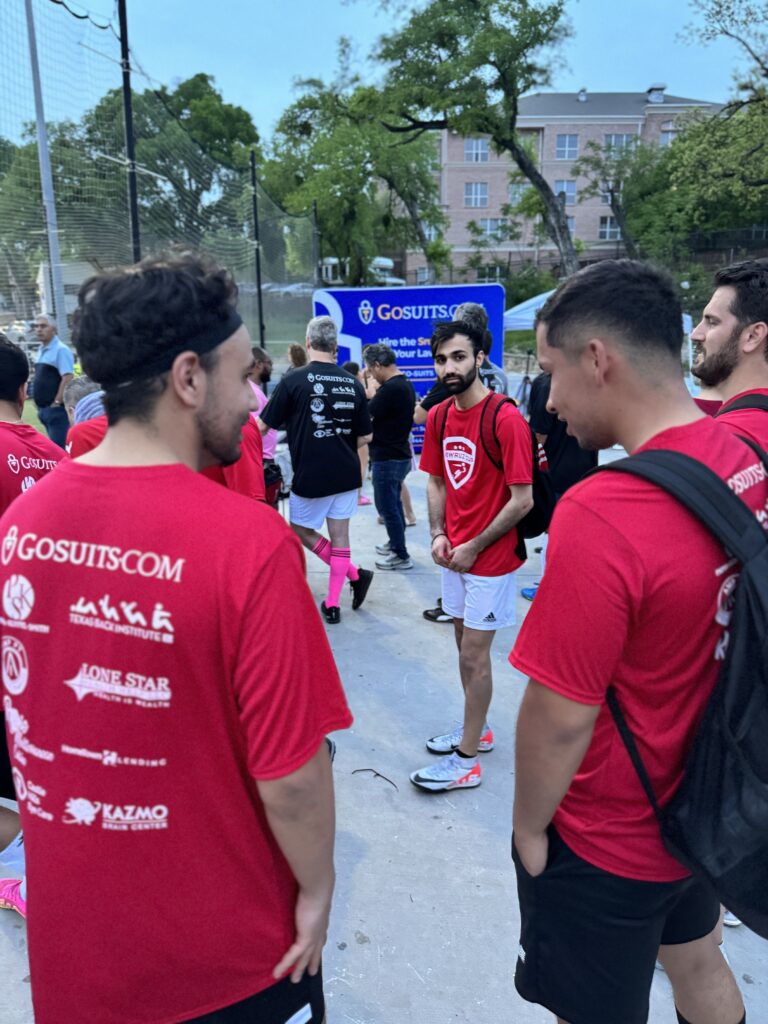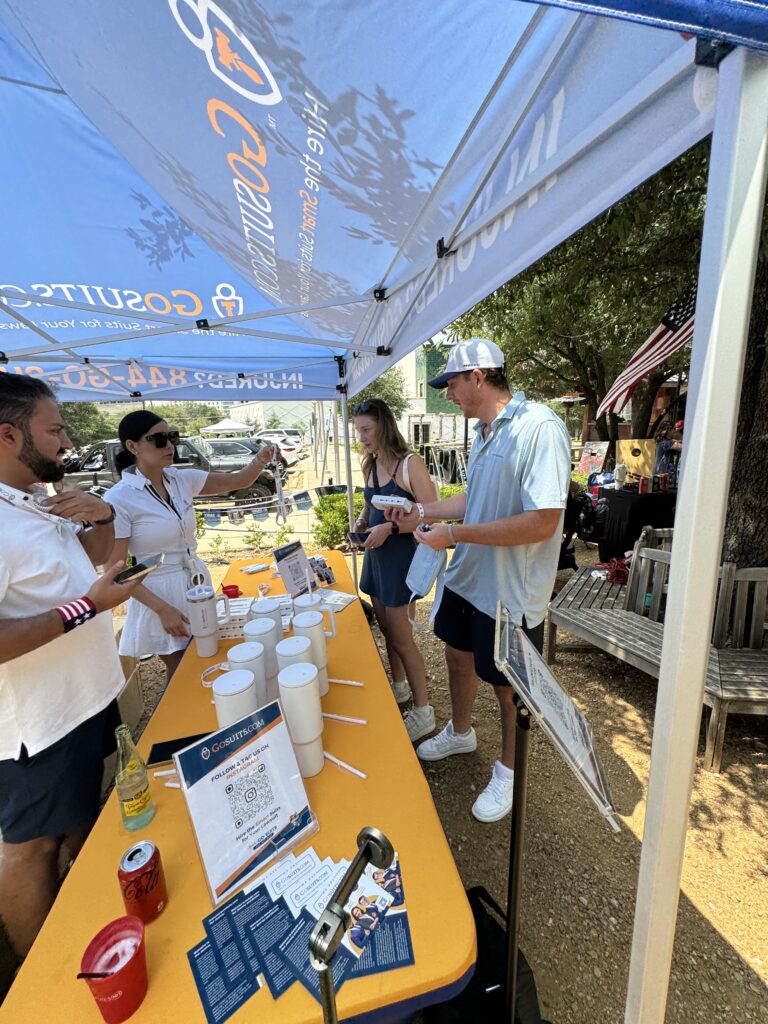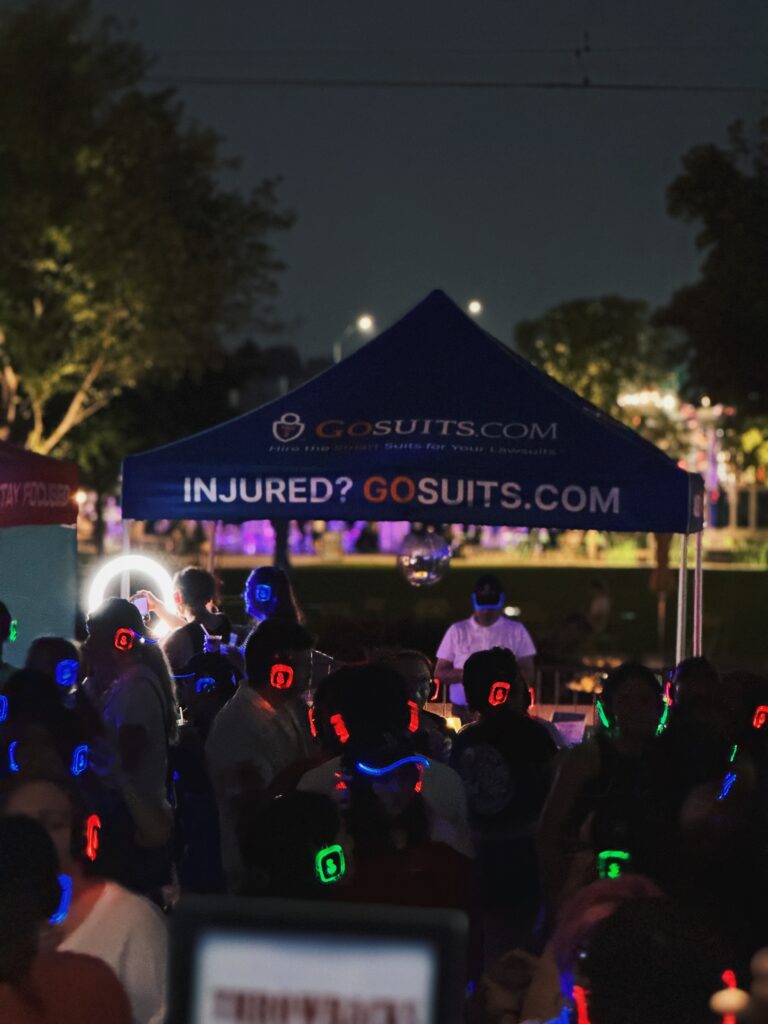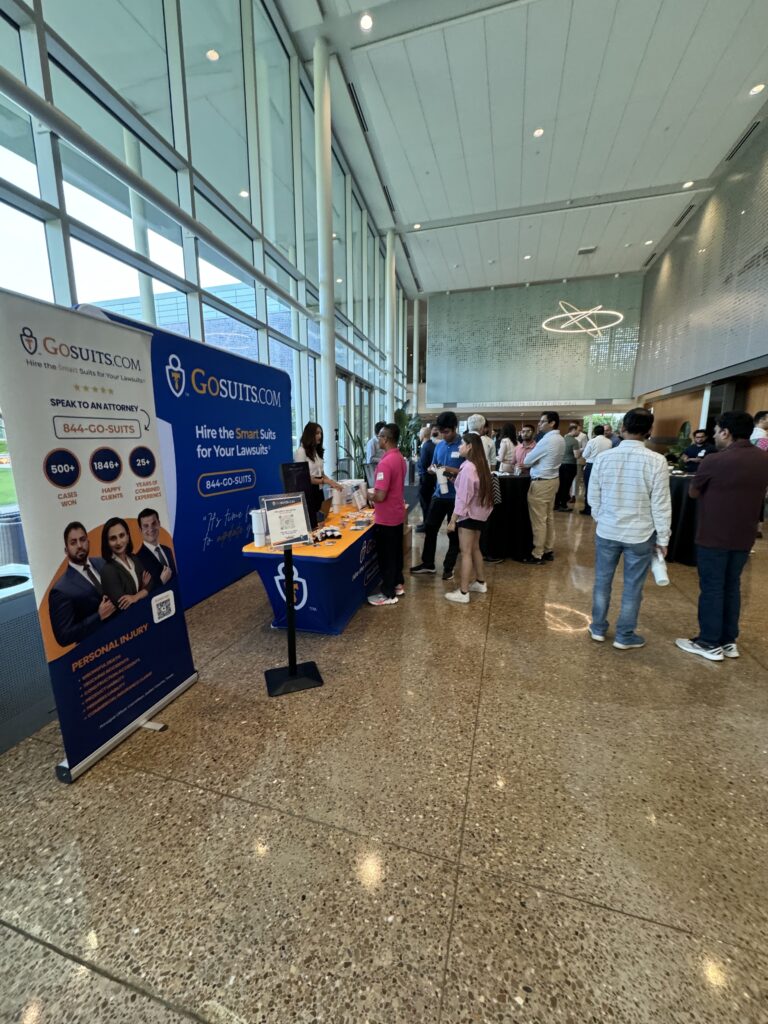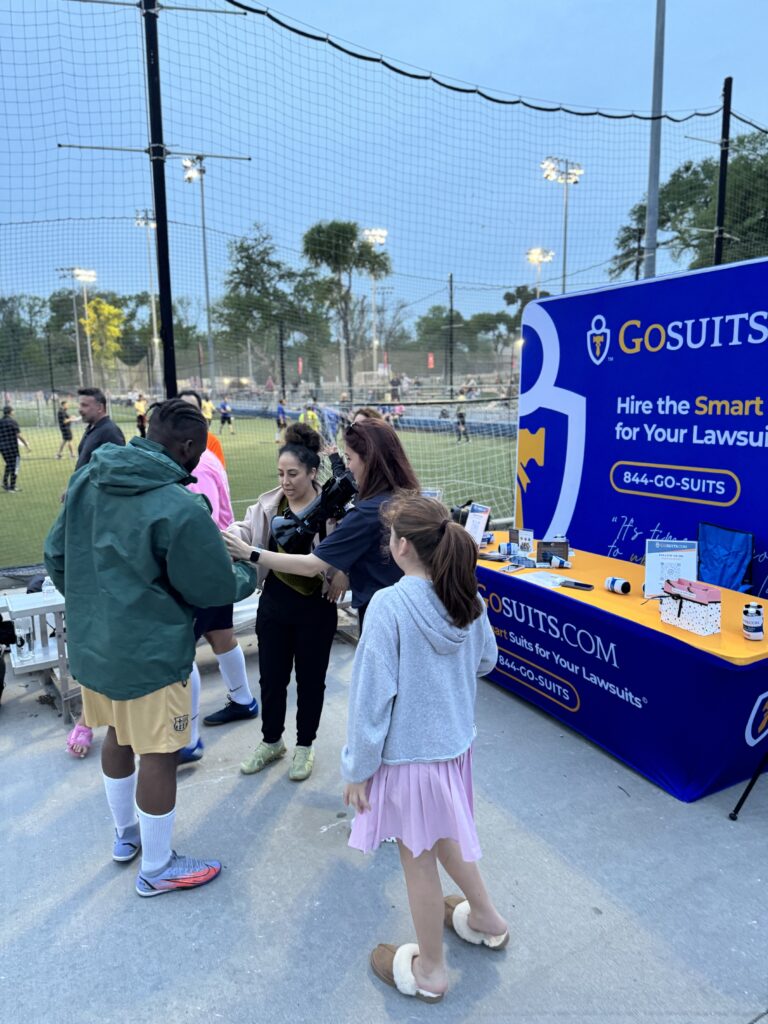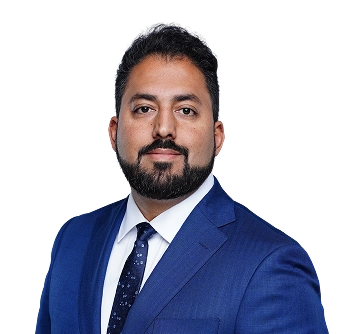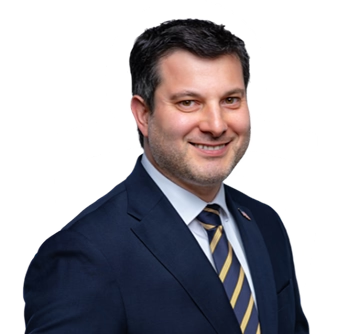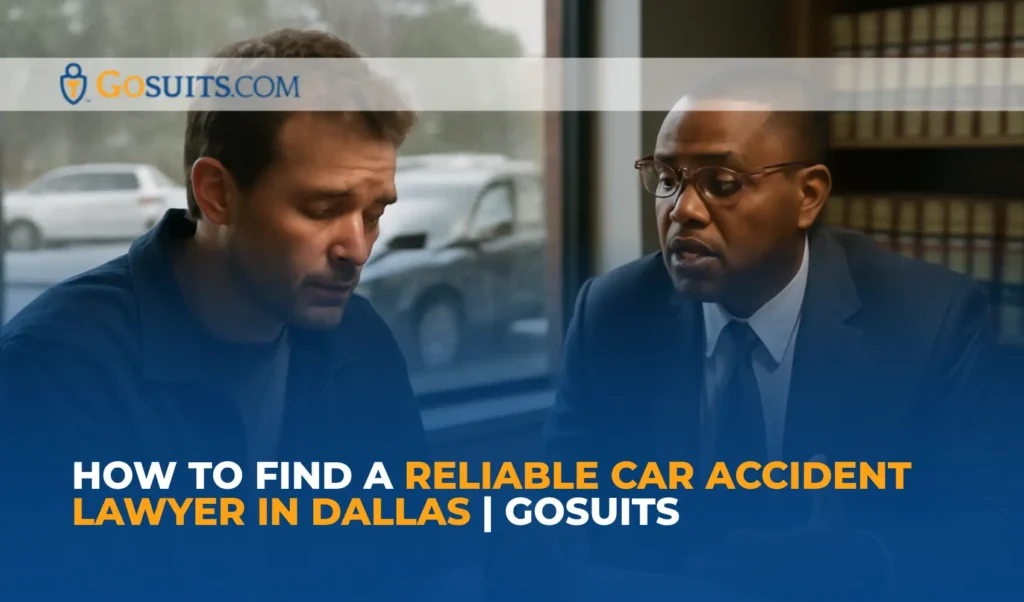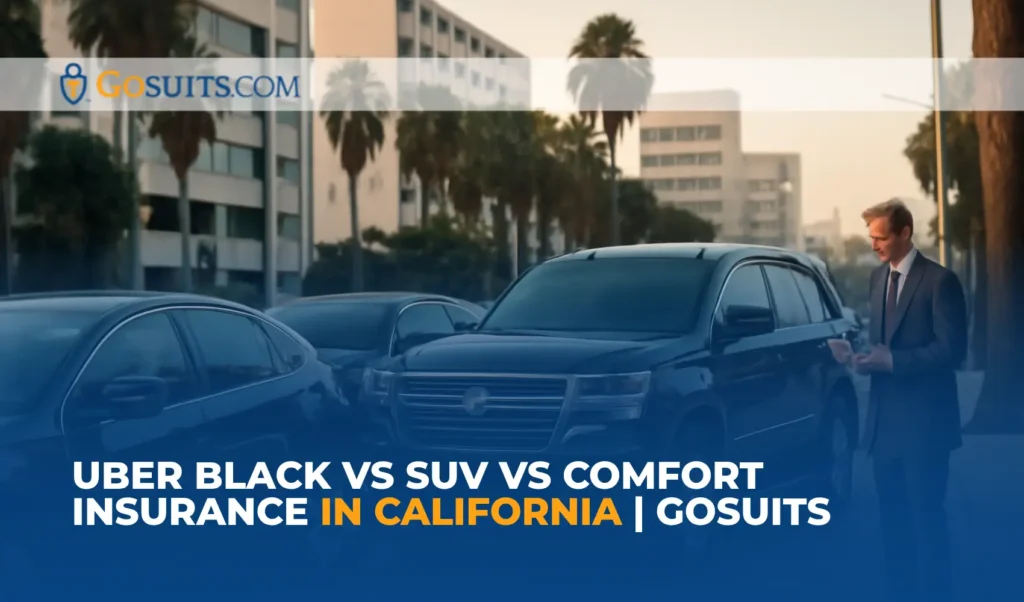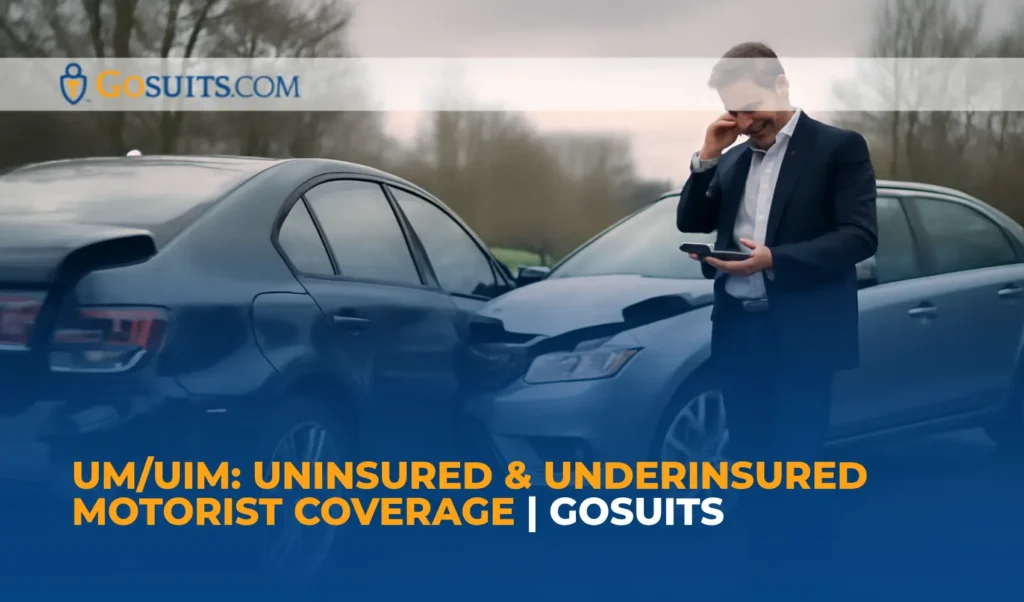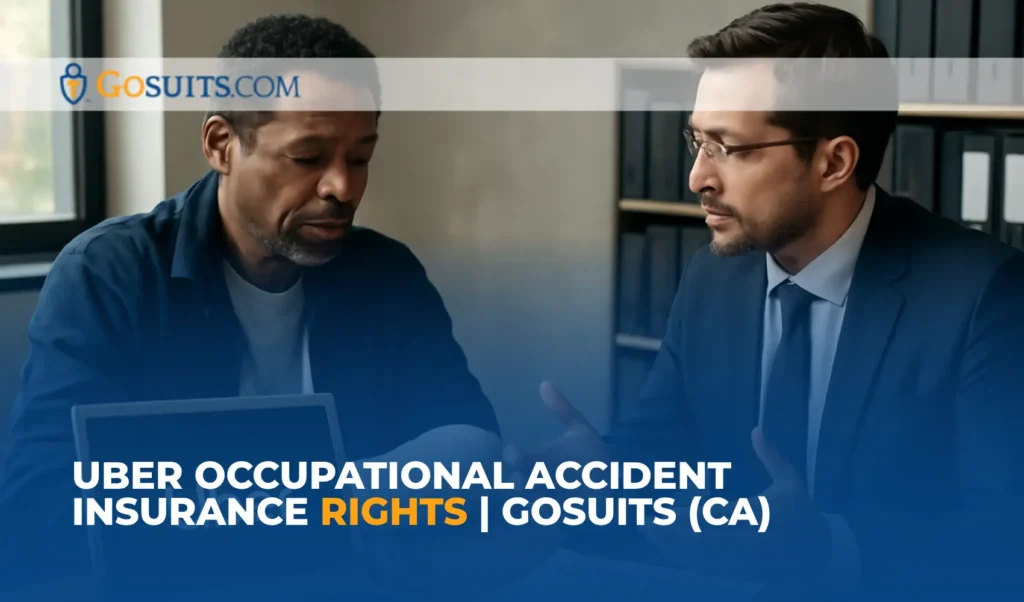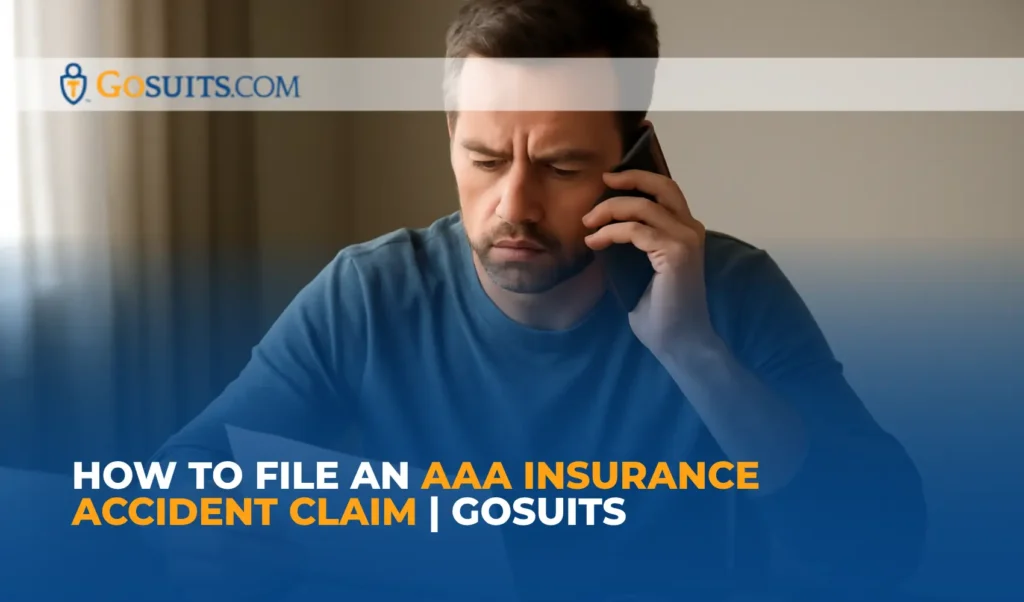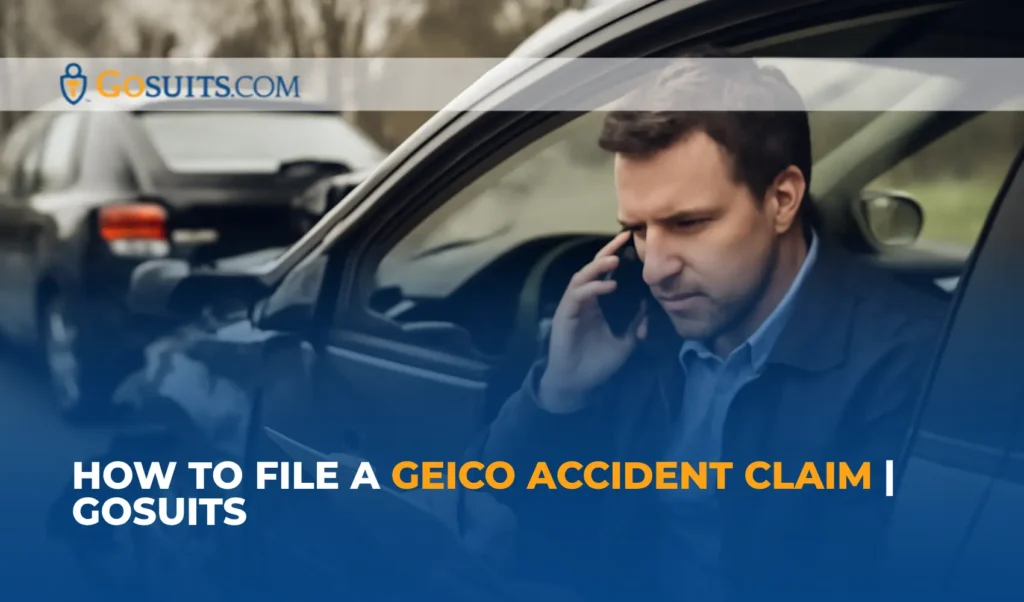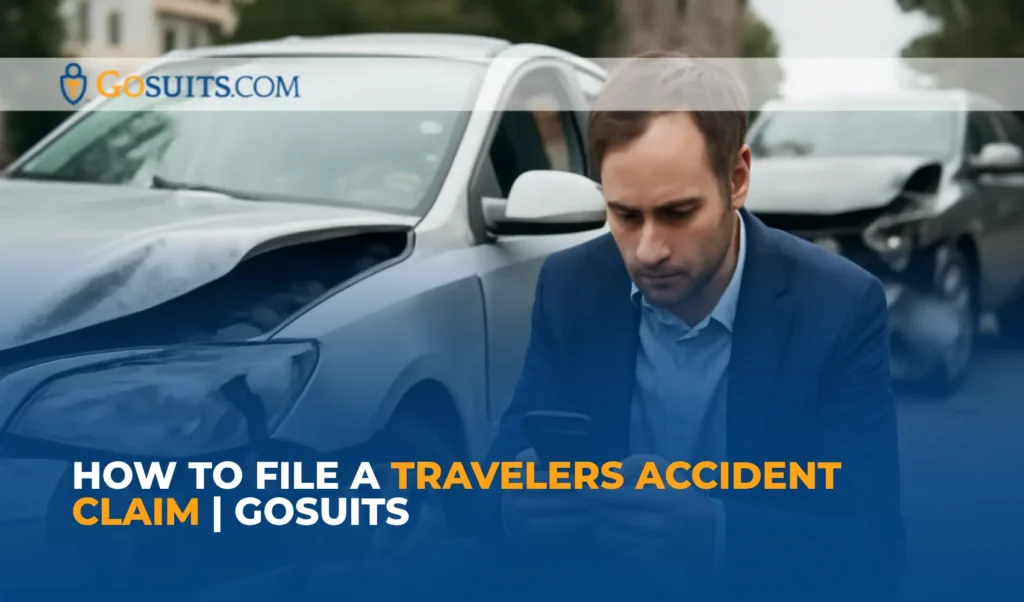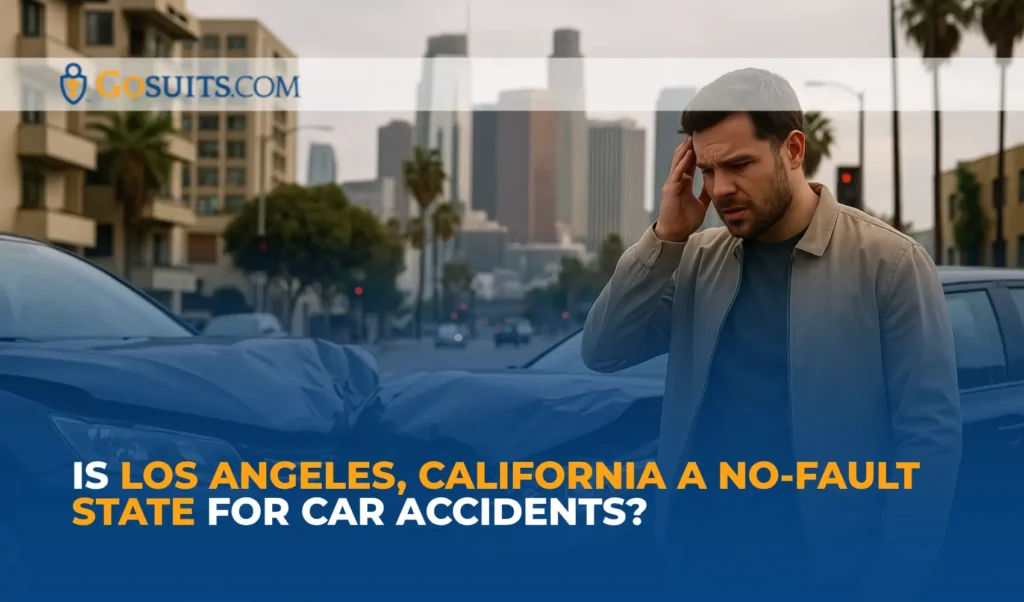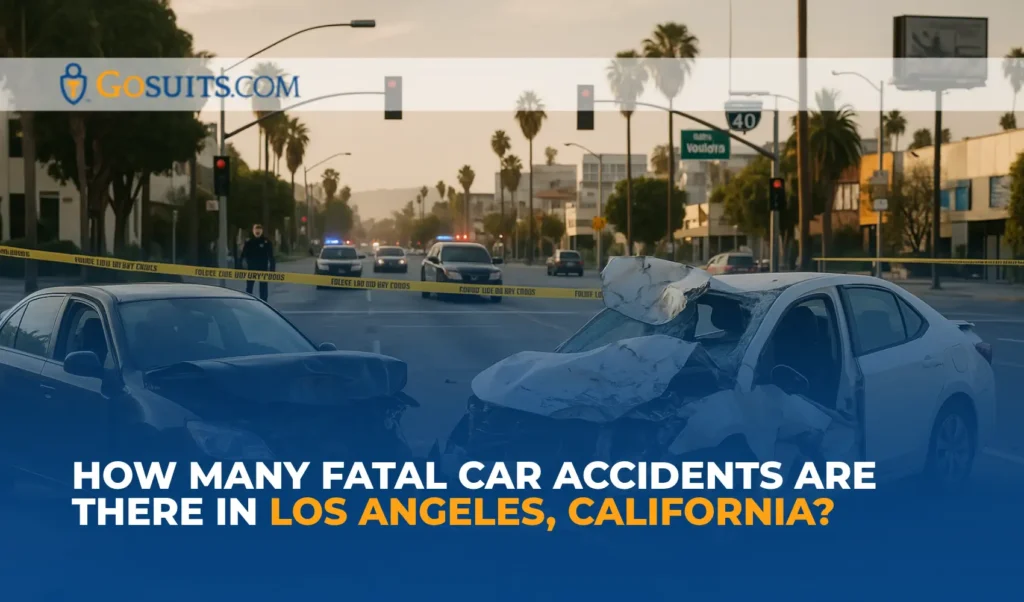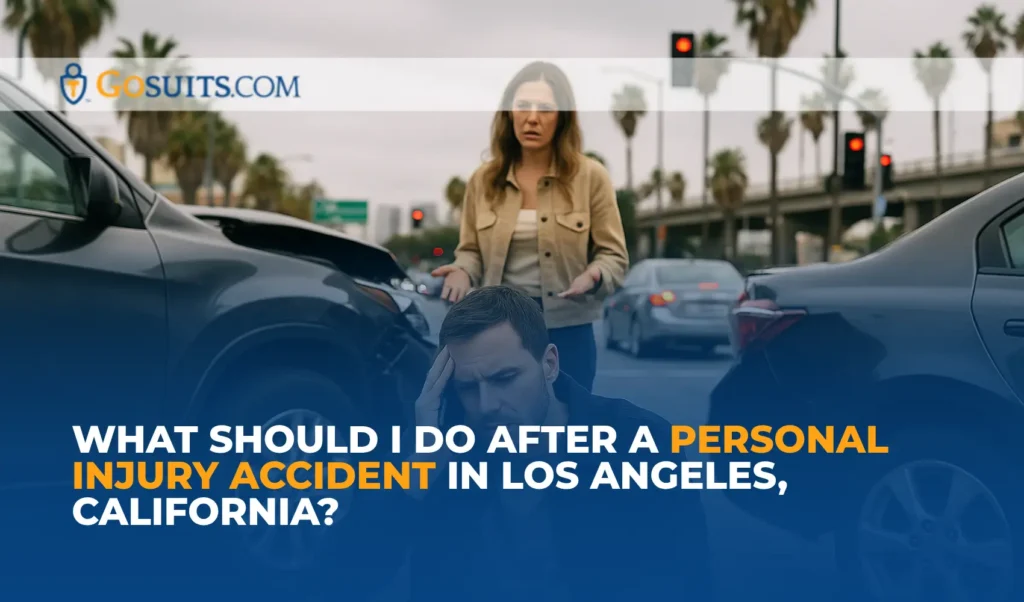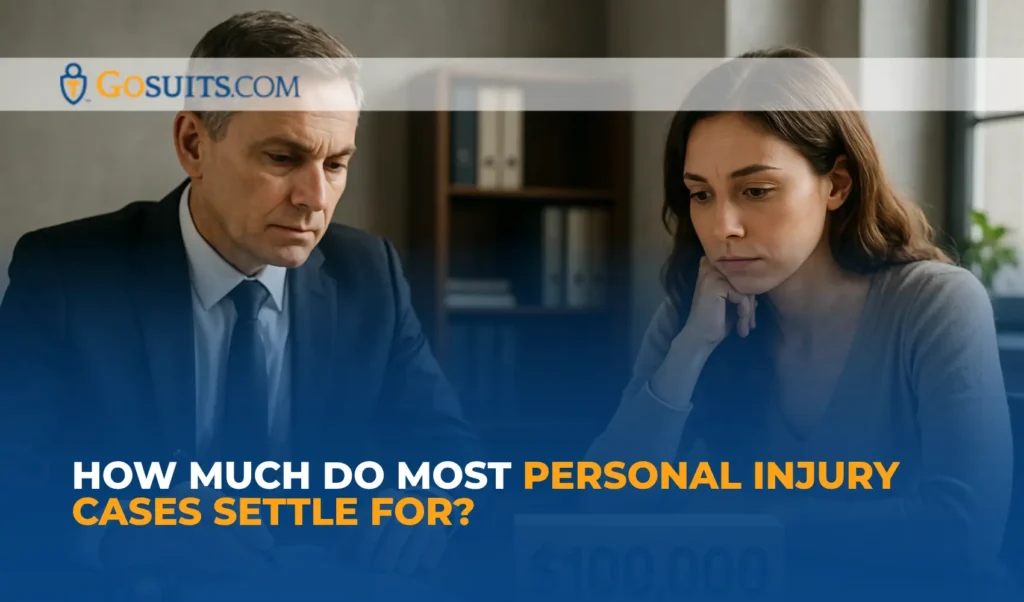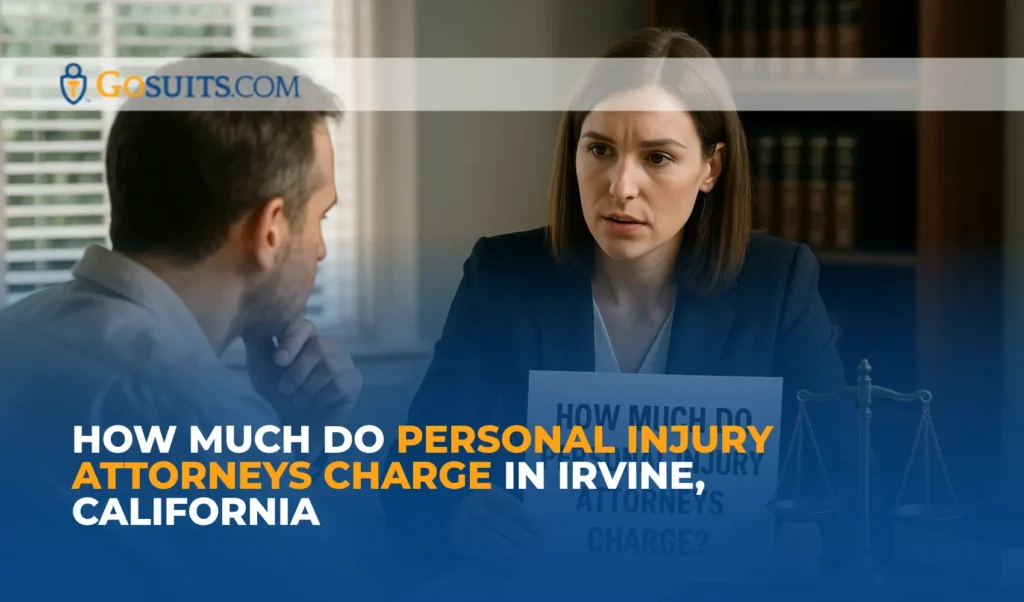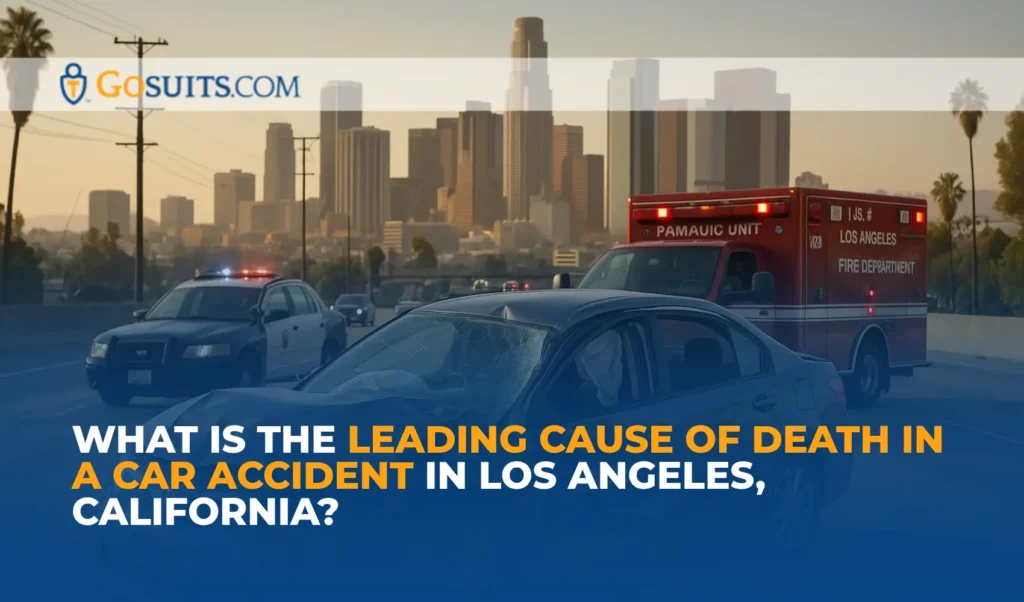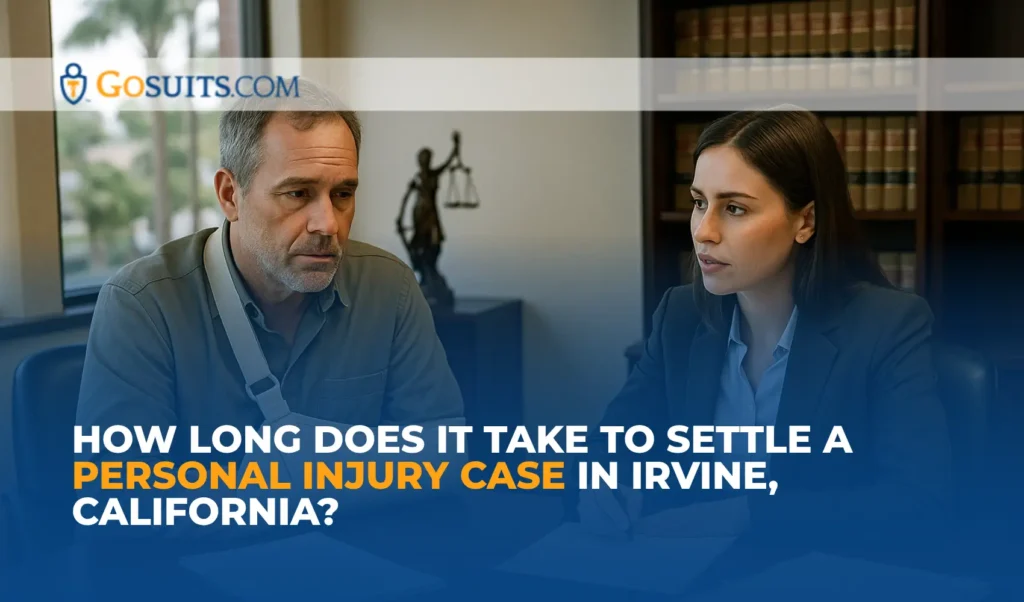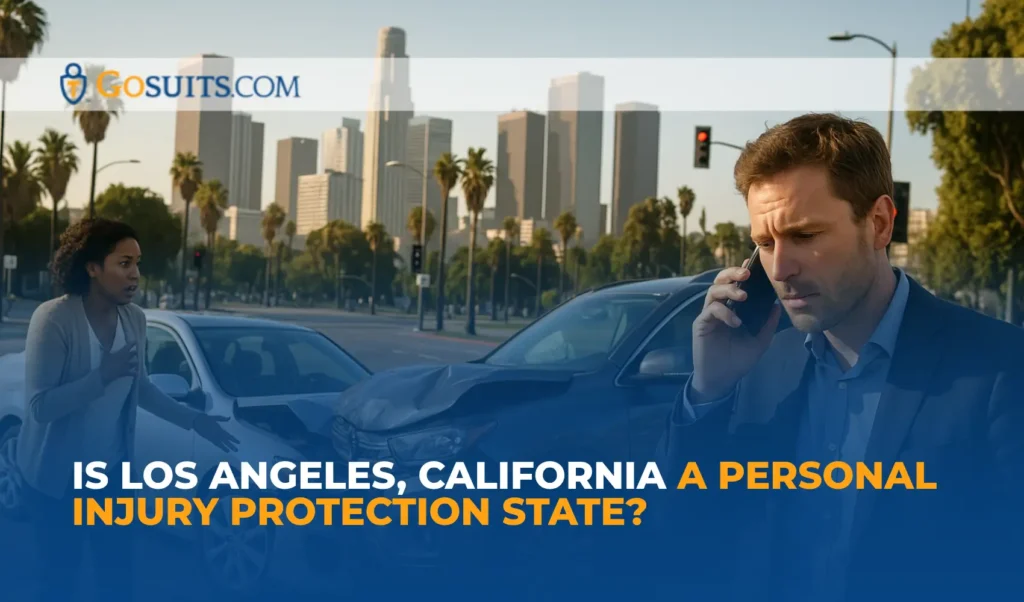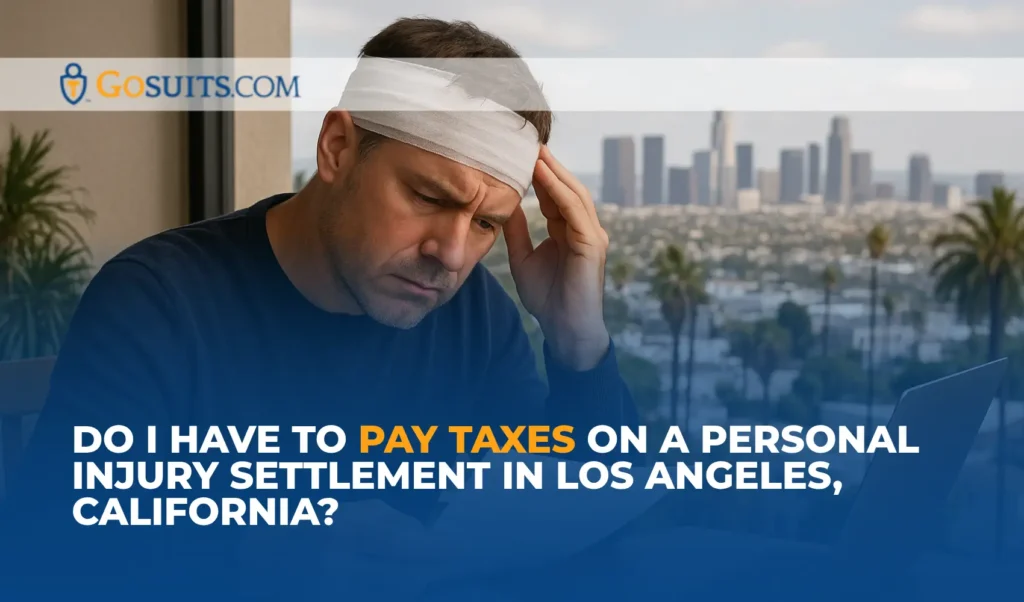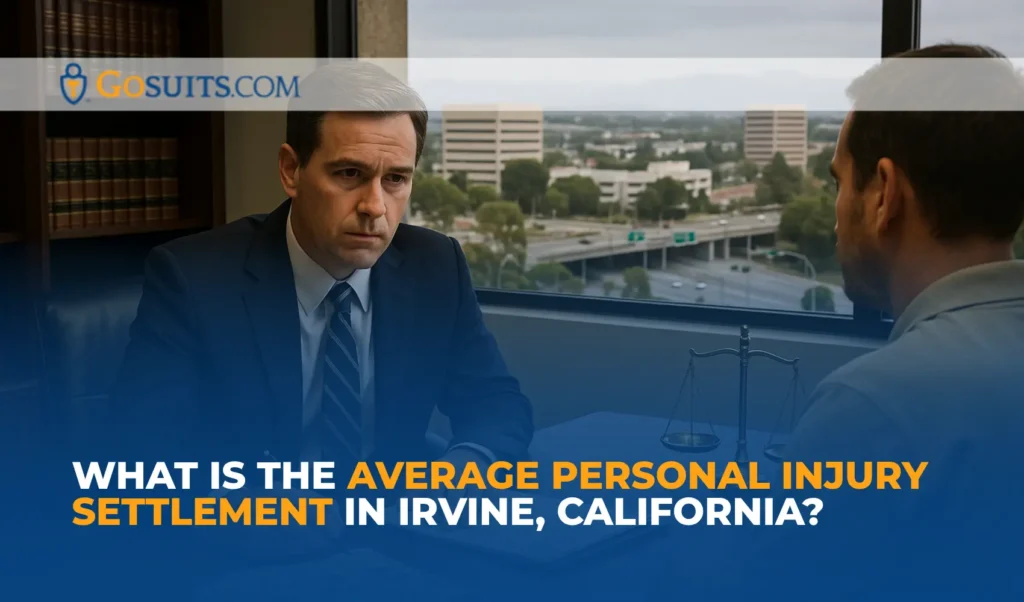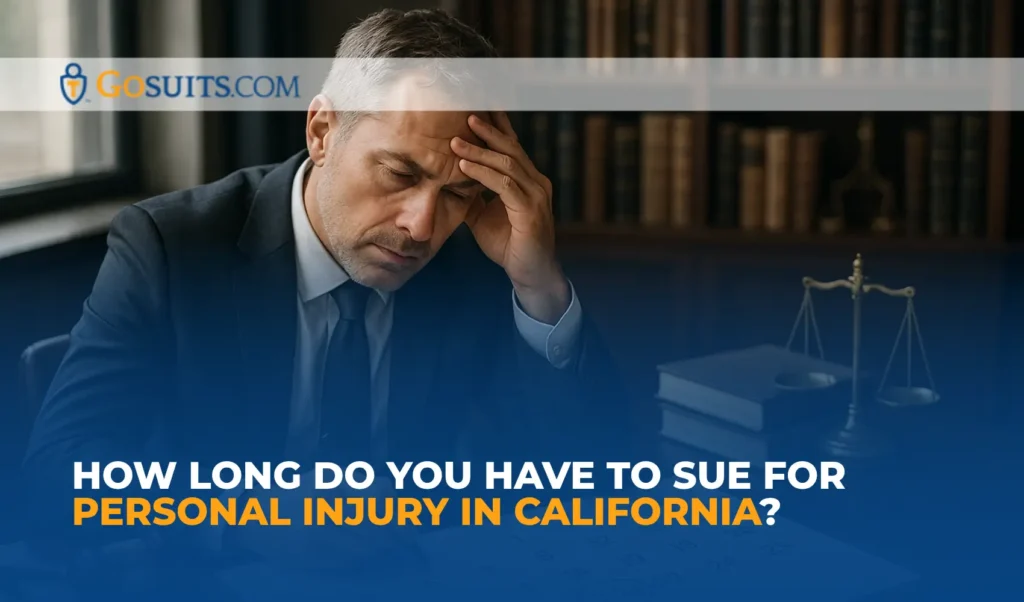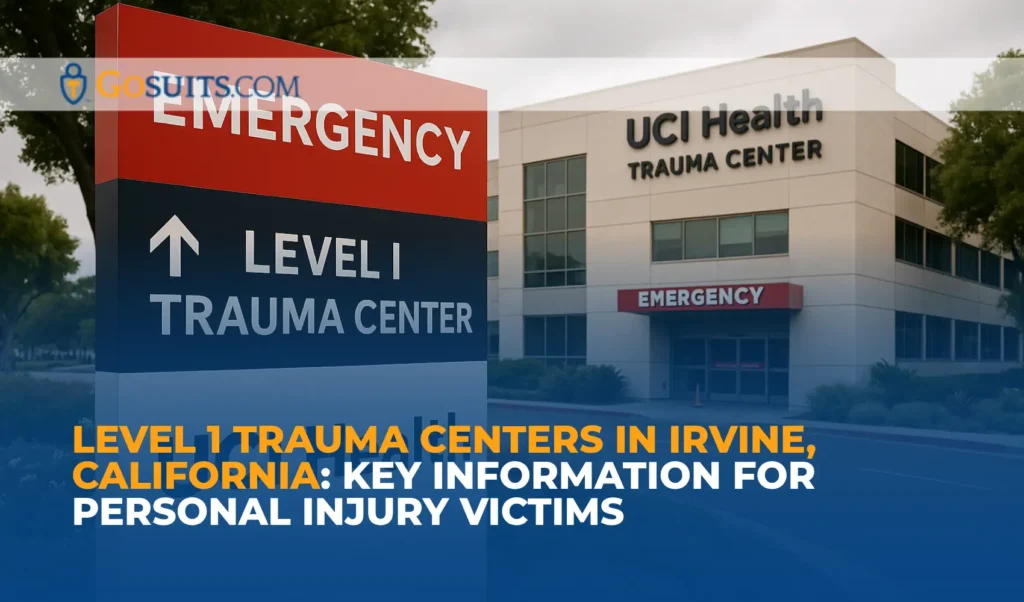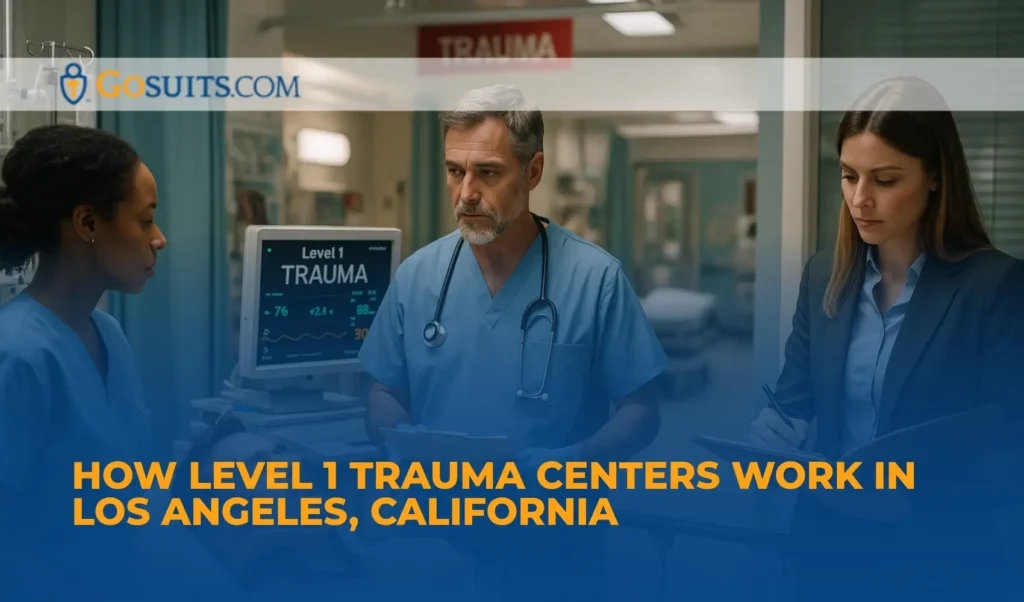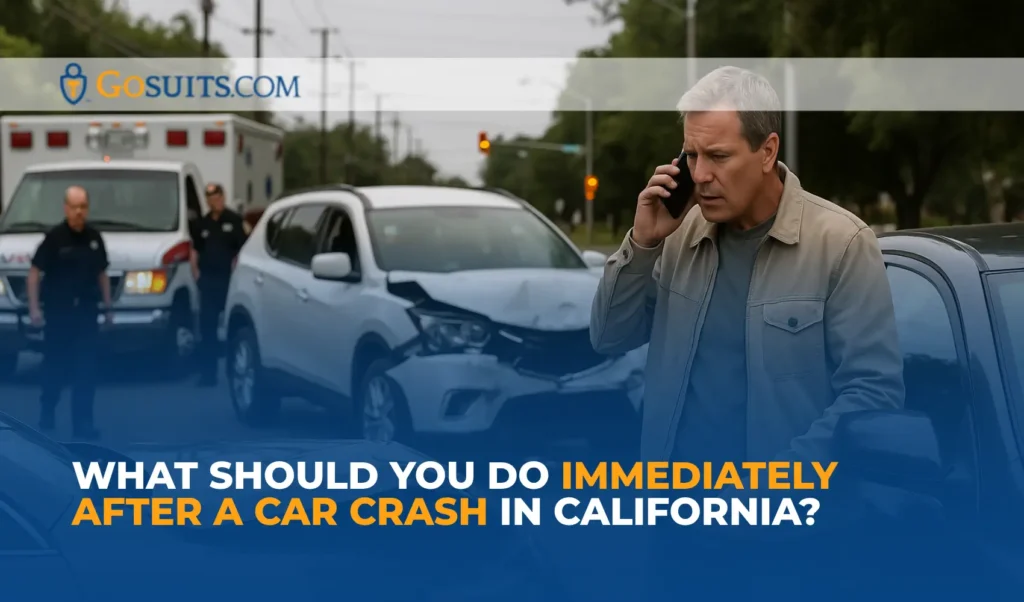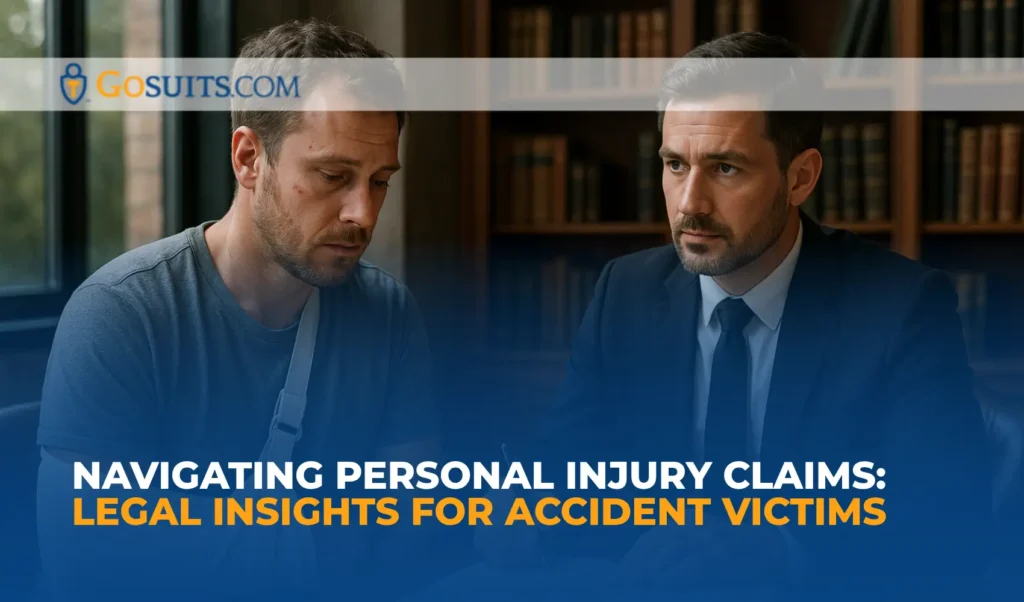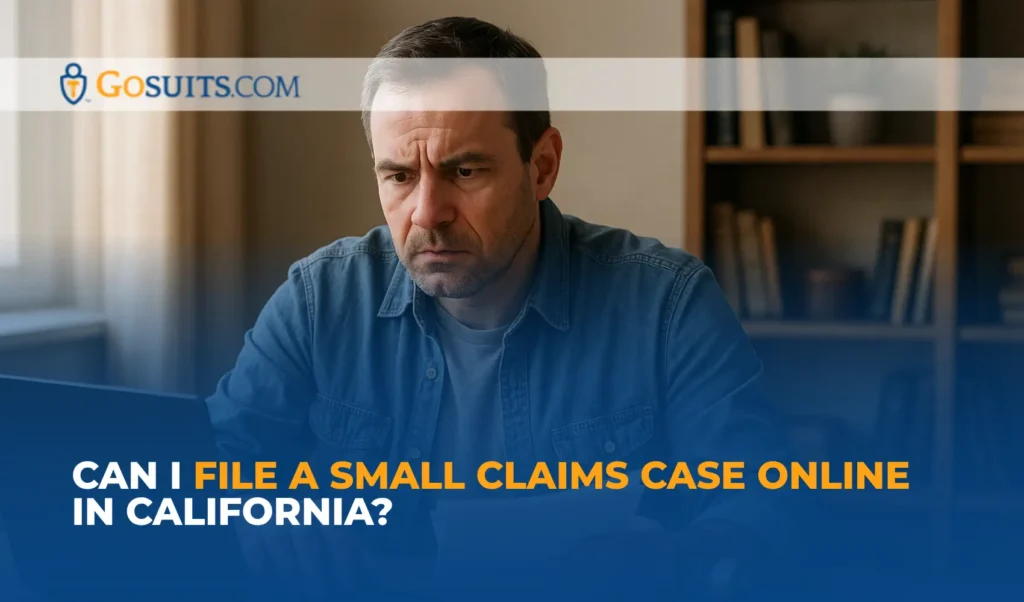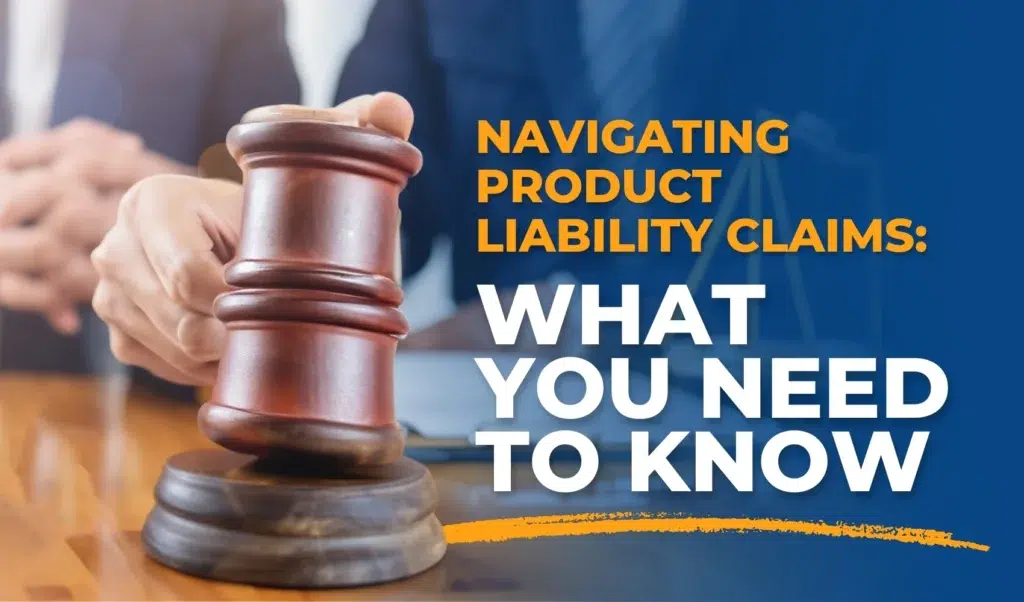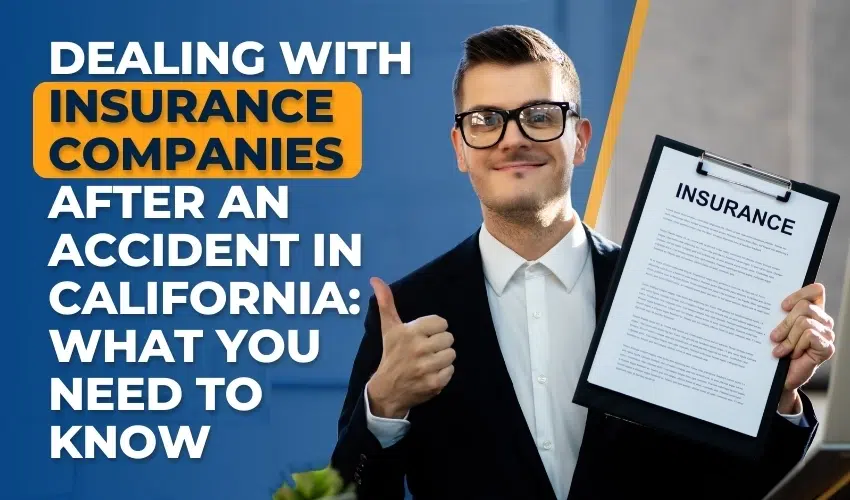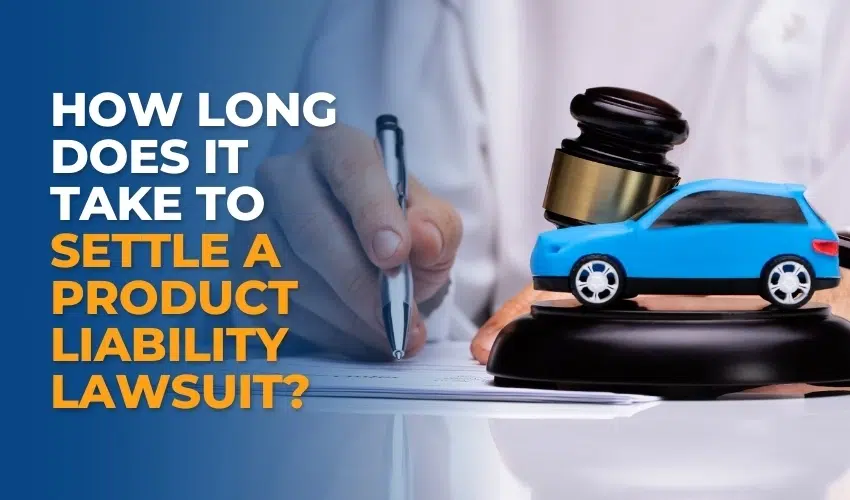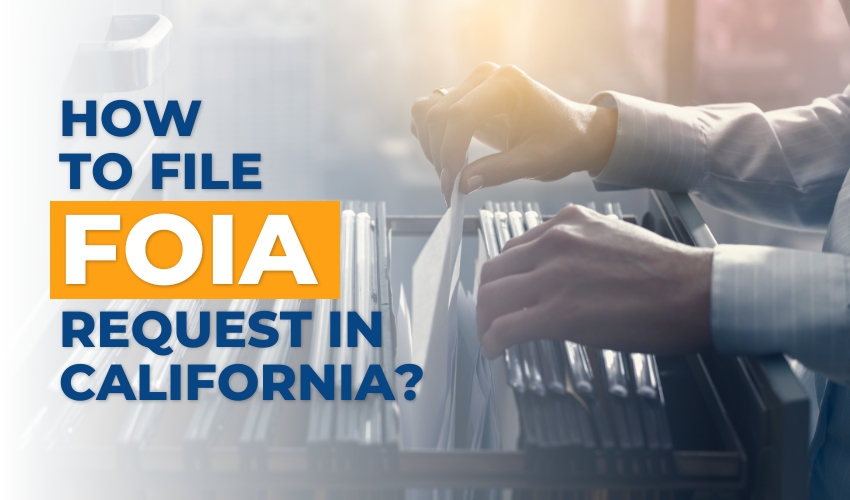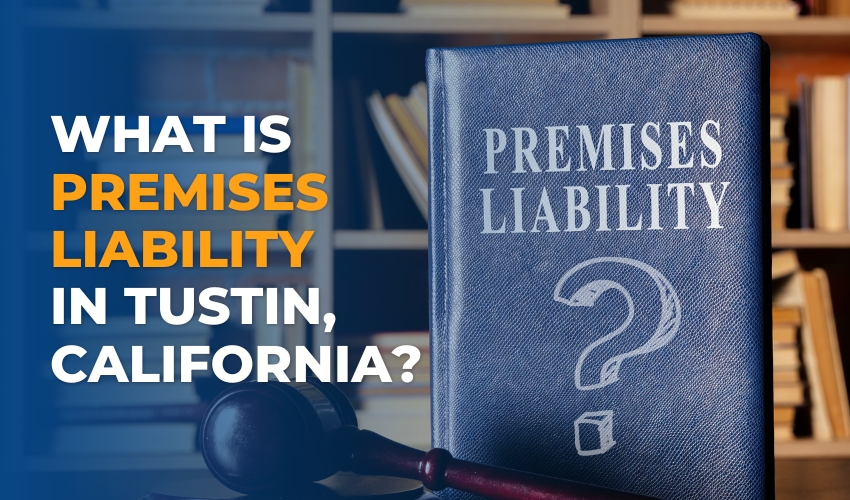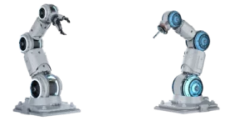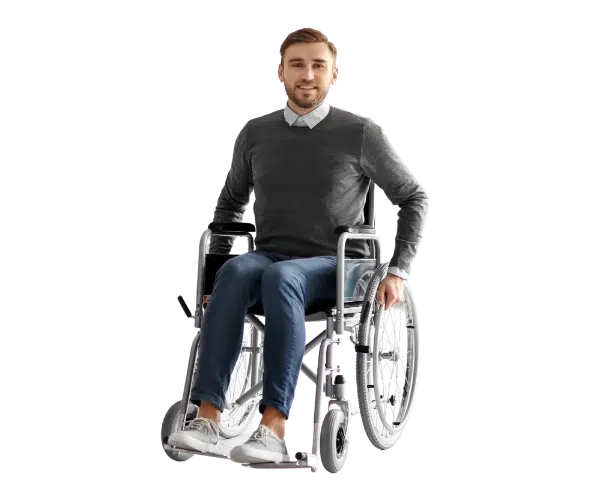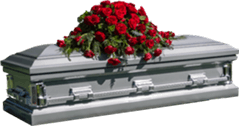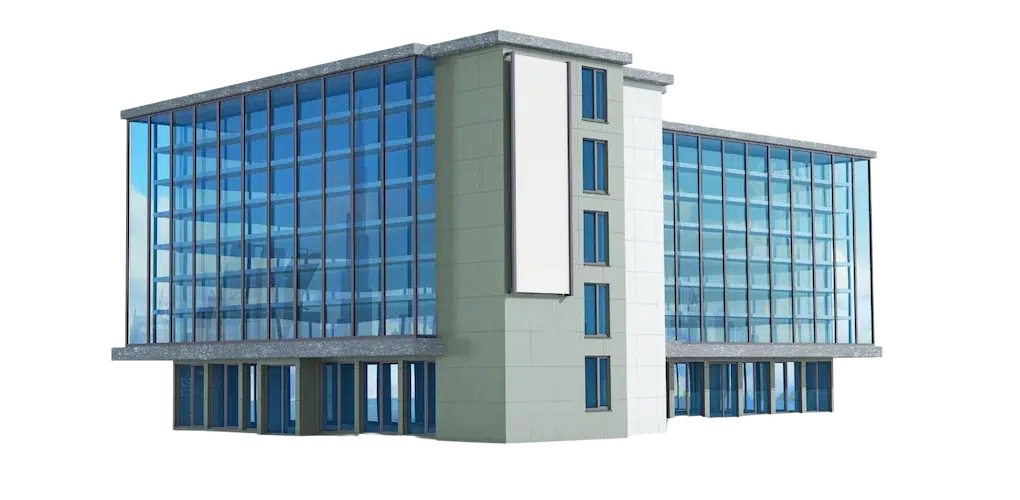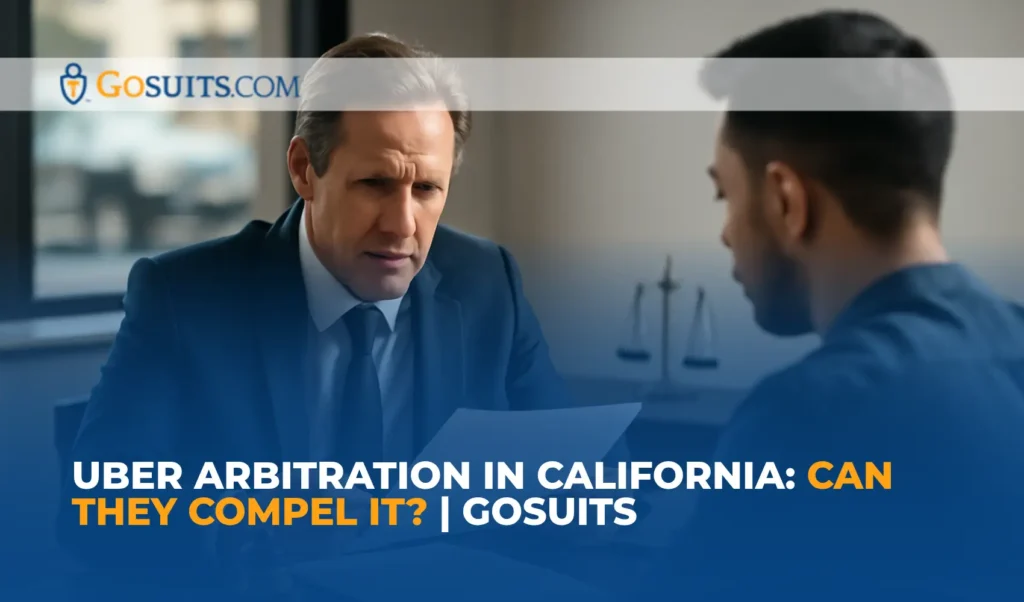
California Product Liability Lawyers: Your Trusted Advocates
In the diverse landscape of California, consumers encounter an endless array of products in their daily lives. Most of the time, these products are safe and perform as intended, but unfortunately, some products carry hidden risks due to design flaws, manufacturing issues, or inadequate warnings.
As a dedicated team of California product liability attorneys, we stand by our clients’ side to advocate for their rights in civil cases involving defective products. Our goal is to make sure those injured due to unsafe products can receive the support and compensation they deserve.
Understanding California Product Liability Law
California products liability law is designed to protect consumers to help those injured by defective products have access to justice. This area of law is based on a concept called “strict liability,” which means manufacturers, designers, and distributors can be held accountable for harmful products regardless of intent.
Types of Product Liability Claims in California
- A manufacturing defect occurs when an issue arises during the production of a product, making it unsafe. This can happen when proper quality controls are not in place, and as a result, the product does not conform to its intended design.
- Design defects, on the other hand, occur when the blueprint or design of a product is inherently dangerous, meaning the product is unsafe even when manufactured as planned. In these cases, California product liability attorneys must demonstrate that a safer alternative design was feasible and that its implementation could have prevented harm.
- Lastly, failure to warn, or marketing defect cases, involve products that may have been safe when designed and manufactured but lack adequate warnings or instructions for proper use. For example, a cleaning product might not warn users of the dangers of combining it with other substances, potentially leading to harmful reactions.
Proving a Product Liability Case in California
In California, proving a product liability case requires more than just demonstrating that an injury occurred. Plaintiffs must show that the product was indeed defective and that this defect directly led to the harm suffered. Our California product liability attorneys are meticulous in gathering evidence, consulting with experts, and preparing a robust case to meet this burden of proof.
In cases involving California product liability law, strict liability often simplifies the plaintiff’s path to recovery. Unlike other personal injury cases where negligence must be proven, strict liability cases only require showing that the product was defective, not that the manufacturer or designer acted with malicious intent or neglect. By streamlining the proof process, strict liability laws provide injured consumers with a fair chance to hold manufacturers accountable for harm.
Handling Insurance in Product Liability Cases
While insurance policies are meant to offer a safety net for injured parties, insurance companies are for-profit entities, which can sometimes lead them to minimize payouts. We approach each case with a strategy designed to handle the tactics insurance adjusters may use to downplay claims. We negotiate directly with insurance providers on behalf of our clients to take the burden off their shoulders and ensuring their rights are protected.
Working with California product liability lawyers can make a significant difference when dealing with insurance companies. We understand the intricacies of insurance policies, coverage limits, and the tactics insurers may employ to avoid full payment. In some cases, insurance companies may even try to argue that the product defect was not the true cause of the injury. Our firm’s dedication to fighting these claims ensures that our clients do not have to face insurance companies alone.
Our Approach to Product Liability Cases
At our firm, we believe every injured consumer deserves justice. From the initial consultation, we strive to create an open, empathetic environment where clients can share their experiences without fear of judgment. Our attorneys then begin a comprehensive investigation to gather all necessary evidence, including product documentation, expert opinions, and any other information that strengthens the case.
Each case we handle goes through several stages, starting with a thorough investigation. We work closely with engineers, medical professionals, and other indivduals to ensure no detail is overlooked. As California product liability attorneys dedicated to civil cases, we are fully prepared to litigate in court if a fair settlement cannot be reached through negotiation. Our goal is always to obtain the best outcome for our clients, whether through a settlement or trial.
Why Choose Gosuits for Your Product Liability Case
When it comes to product liability law in California, choosing the right legal team can make all the difference in the success of your case. At our firm, we are proud to stand apart from larger practices. Unlike firms that assign cases to case managers, every client here receives personalized attention from an attorney who will guide them through each step of the legal process.
Our firm has garnered numerous client testimonials and glowing reviews on our Google Business Page, a testament to the trust and satisfaction of hundreds of clients we’ve successfully represented. As a leading California product liability law firm, we are known for combining traditional legal excellence with innovative, tech-driven solutions. We’ve developed proprietary software powered by machine learning that streamlines various aspects of the legal process, enhancing both efficiency and outcomes.
If you’re seeking tried-and tested California product liability lawyers who will fight tirelessly for your rights, we invite you to schedule a consultation with our team. Let us demonstrate how we combine competence, experience, and innovation to deliver the highest standard of legal support in product liability law.

